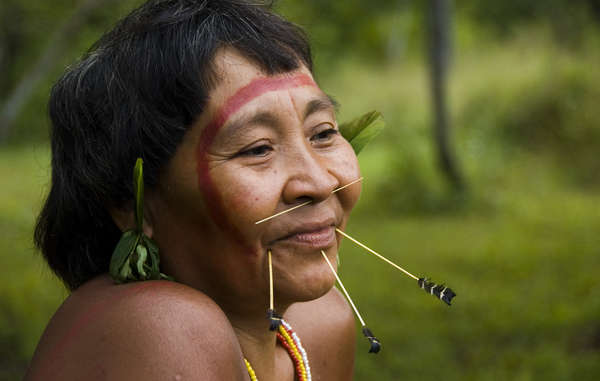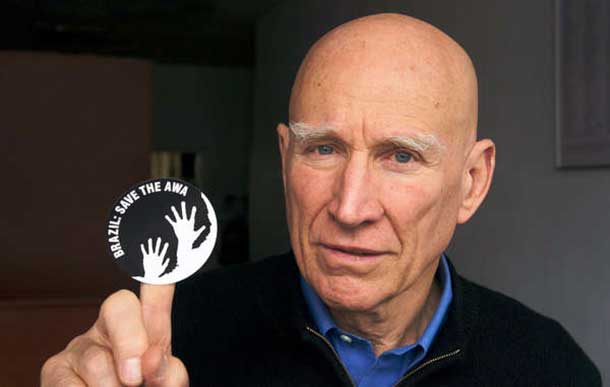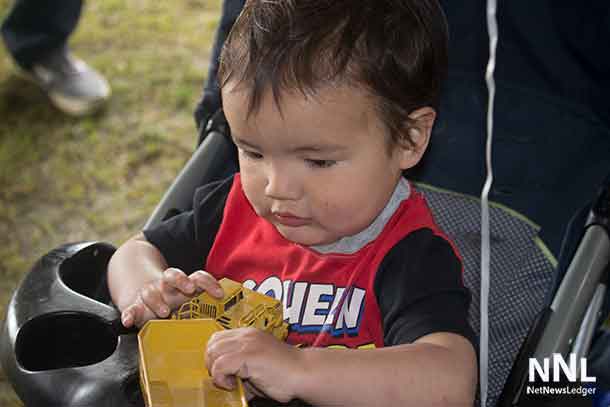
© Fiona Watson/Survival
Tribal People had a Year of Successes in 2013
LONDON – Aboriginal News – Survival International’s new photographic gallery illustrates how tribal peoples around the world had reasons to celebrate in 2013.
From the suspension of mining concessions in Colombia to the Dongria Kondh’s unanimous rejection of a bauxite mine in India, tribal peoples have gained some important victories in 2013 in the struggle for their rights:
– In Brazil, a community of Guarani Indians celebrated after the government recognized their land as indigenous and for their exclusive use. The Guarani have lost most of their land to cattle ranchers, soya and sugar cane plantations and their leaders are routinely assassinated.
– The shocking story of the Awá, known as Earth’s most threatened tribe because their forest is being logged at an alarming rate, reached millions of people worldwide after images of the Awá by renowned photographer Sebastião Salgado appeared alongside features in Vanity Fair and Sunday Times magazine. Since the launch of Survival’s Awá campaign, over 55,000 protest emails have reached Brazil’s Minister of Justice urging him to evict illegal invaders on their land.
– Survival’s call for a boycott of Botswana tourism resulted in three travel companies suspending their tours to Botswana over the mistreatment of Africa’s last hunting Bushmen. While promoting tourism to Botswana with glossy images of the tribe, the government is driving the Bushmen off their ancestral land and prevents them from hunting.
– In India, tribal people made their voices heard after the Supreme Court ordered unprecedented community consultations with the Dongria Kondh over an open-pit bauxite mine on their land. All villages overwhelmingly rejected plans by the British mining giant Vedanta Resources in their sacred Niyamgiri Hills.
– And the new ‘Proud Not Primitive’ campaign in India – which challenges the deep-seated prejudice that tribal peoples are ‘backwards’ and ‘primitive’ – celebrated an important victory after the Hindu, one of the largest English-language newspapers, pledged not to call tribes ‘primitive’.
Nixiwaka Yawanawá, an Amazon Indian who joined Survival in 2013 to speak out for indigenous rights, said, ‘Tribal people have made their voices heard in 2013, but they continue to face oppression. In 2014 the world’s eyes will be on Brazil for the FIFA World Cup – a good opportunity for us to show the international community the struggle for our land. I hope that the Brazilian government will take the lead in respecting indigenous rights to lands, and others will follow suit.’

© Survival
Survival’s Director Stephen Corry states, ‘This selection of a few successes for tribal peoples in 2013 is typical of so much of Survival’s work. Our first priority is to stop the violation of tribal peoples’ most fundamental human rights. Then we have to change public opinion around the world, so that governments and companies cannot get away with atrocities. It is slow, unglamorous, and often invisible work, but over 40 years of working with tribal peoples have proven it is the most meaningful and effective means for long-term change.’






